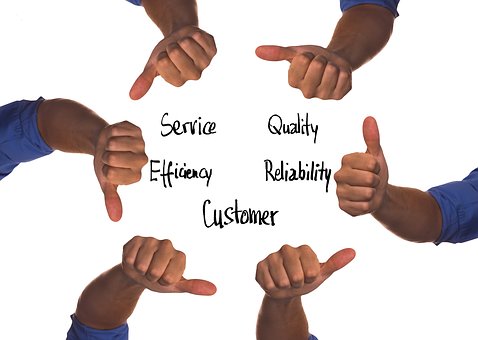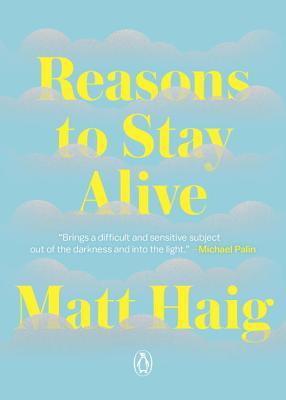Regardless of position or industry, at some point, we would have to deal with a rude or unreasonable client. When selling vehicles or real estate, salespeople face clients who refuse to listen and, at times, are uptight when negotiating prices and freebies. In the field of technology, clients bash programmers for the tiniest details in the application. In the food service industry, waiters would occasionally have to deal with the rude customer.
Handling someone who is irate is one of the leading sources of stress in the work environment. As Sonja Seglin, LCPC explains, “Stress can seem omnipresent. Between working, socializing and taking care of the home, it sometimes seems we don’t have a minute to ourselves, let alone enough time to really take care of our bodies and minds.” Whether clients are somewhat justified or are downright unreasonable with their gripes and demands, find out a few expert tactics to get out of the situation feeling fresh and unscathed.
 Source: pixabay.com
Source: pixabay.com
Tip #1: Maintain A Calm Demeanor
Do not stoop down to the level of the client. When they shout or utter offensive language, there is nothing to win if you act the same. If you respond harshly, the outcome will not be right for you, as the conflict will escalate to a level it should not reach. Keep hold of your mood and reactions at the moment and let the stress out elsewhere later on. “overwhelm might manifest as an intense emotion, such as anxiety, anger or irritability; maladaptive thought process, such as worry, doubt or helplessness; and behavior, such as crying, lashing out or experiencing a panic attack.” That is according to Marla W. Deibler, PsyD
Tip #2: Do Not Take Things Personally
In most cases, the customer is angry at the product or service, not at you. When a client gets mad because the car you sold was defective, the client is mad that the car is faulty. A customer complaining about the food being too bland is complaining about the blandness of the food. Only in rare cases would clients attack you because of you. Keep the personal out of the equation and remain professional about the entire situation.
 Source: pixabay.com
Source: pixabay.com
Tip #3: Listen And Take Note Of What Matters
When a person keeps going on about their problems with a product or service, the best approach is to pay attention to what they say. Moving beyond the sludge of uncalled-for words and the rising volume of voices, you need to figure out and identify what the problem is. Similar to those tricky reading comprehension exams, you need to understand the entire story, weed out the unnecessary information, and determine the main problem.
Tip #4: Divert The Flow Of The Conversation To The Solution
Once you have identified the problem, it is now time to move on to find the answer to the concern. The client is unreasonable because they are currently facing an issue with the product or service you have provided. Once you have determined the problem, you have to find the key to sorting things out. You can do this by checking what you did in the past or asking experts to help correct the problem. Once you have provided the solution, there is no reason for there to be an unreasonable client. “We should examine the inextricable role that self-love plays in any and all human connection.” A reminder from Clinical Psychologist and relationship expert Molly Gasbarrini, Ph.D.
 Source: pixabay.com
Source: pixabay.com
Tip #5: Sympathize
Showing sympathy is arguably the most effective and efficient strategy for anyone facing an angry customer. The fact of the matter is the client is not satisfied. If the client genuinely sees your concern and senses an effort from your end to address such concern, the customer will no longer show any hostility towards you. Make an effort to truly understand and realize that it will be a win-win situation for everyone if we turn conflict into an effort to fix the problem.
The effectiveness of these tips will require patience and determination. Facing irate customers is tough for everyone, but knowing how to handle them better will bring you relief.

 Source: goodreads.com
Source: goodreads.com Source: goodreads.com
Source: goodreads.com Source: goodreads.com
Source: goodreads.com